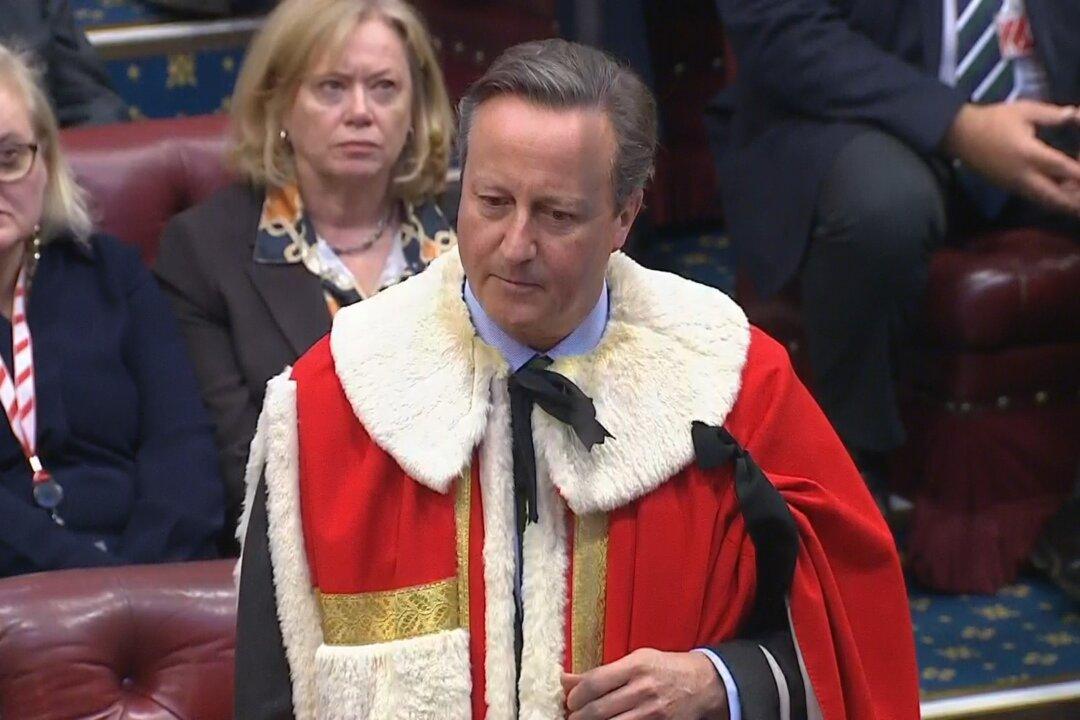Britain’s new foreign secretary, David Cameron, has said the country must “adapt to new realities” as he explained why he supported the government backtracking on a pledge his administration made to guarantee 0.7 percent of GDP toward international aid and development.
In 2015, the Conservative government led by Lord Cameron passed the International Development (Official Development Assistance Target) Act which was supposed to enshrine the 0.7 percent target but in 2021, the government, then led by Boris Johnson, reduced the target to 0.5 percent of GDP.





